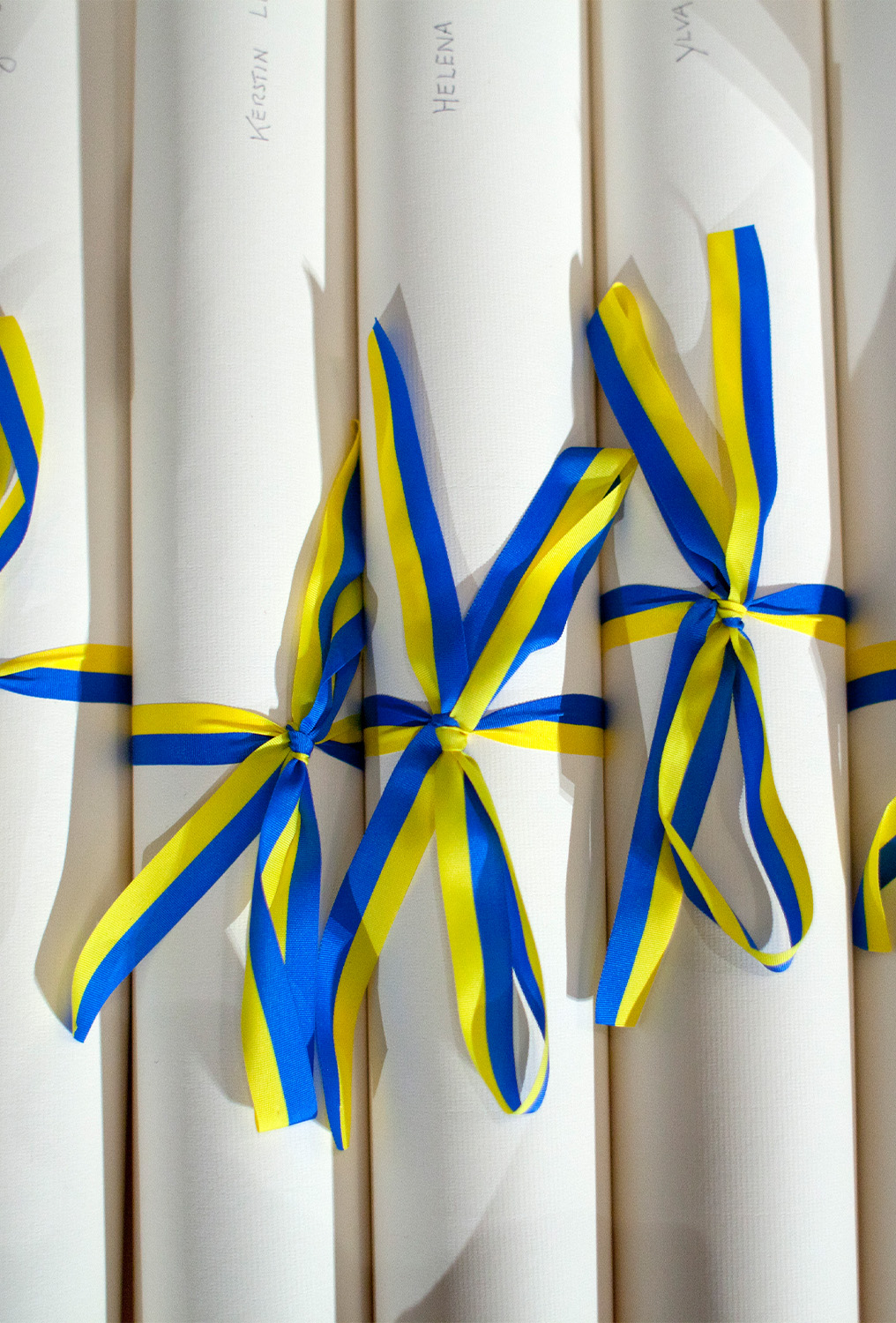Language and Literature
Would you like to study Turkic languages, which is spoken by over 120 million people in world? Maybe you want to learn about the post-Soviet region while learning Russian? Are you planning to study English or German? Or are you interested in knowing how to make computers perform useful and interesting tasks involving human language?
Our Master's programmes in Language and Literature combine coursework with research training. Our programmes have been producing successful graduates for decades and provide excellent preparation for doctoral studies and academic careers. It also helps you develop key skills valued by employers in journalism, publishing, tourism and creative industries, and other related educational and vocational careers.

Research in language and literature
The Department of English
This department conducts research in the subject of English, in North American Studies and the Celtic languages. Research in English includes the English language, English literature and American literature. We have PhD students doing research in all the three areas. The department also includes the Swedish Institute for North American Studies (SINAS) and the section for Celtic Studies.
Read more about the research on the Department of English's website.
The Department of Modern Languages
Here focus is on four areas: Finno-Ugric languages, German, Romance languages and Slavic languages. The department also researches and teaches in literary studies in all the department's languages. Literary studies play a natural role at the department.
Read more about the research on the Department of Modern Languages' website.
The Department of Linguistics and Philology
Here research is carried out within a broad selection of linguistic subjects. It is home to African and Asiatic languages and cultures, to the European classical languages, and to Linguistics and Computational Linguistics (Language Technology).
Read more about the research on the Department of Linguistics and Philology's website.
The Institute for Russian and Eurasian Studies (IRES)
This department studies developments in Russia and the post-Soviet area from a variety of disciplinary perspectives. The institute's researchers publish extensively and IRES is home to the editorial teams of the Journal of Baltic Studies and Uppsala Yearbook of Eurasian Studies. IRES arranges regular events and manages a renowned Guest Researchers’ Programme.
Read more about the research on the Institute for Russian and Eurasian Studies' website.
The Department of Literature
Here research is conducted in rhetoric and literature, including sociology of literature. In recent decades, research has focused on areas such as eighteenth-century studies, nineteenth-century literary and rhetorical cultures, gender research, studies in the literary field and book market, history of drama, literary and rhetorical theory, history of rhetoric, media history, political rhetoric, doxology and research on reading.
Read more about the research on the Department of Literature's website.

Why Uppsala University?
Uppsala University is recognised around the world as a leading, first-class university dedicated to advancing science, higher education and international student mobility.
As one of Sweden’s most internationally prominent institutions of academic education, research and scholarship, Uppsala University’s foremost aim is to safeguard and pursue the open and unbounded quest for knowledge.
If you have what it takes, and you want to be part of our mission, Uppsala should be one of your top choices in Europe.
Current rankings
#82 - Academic Ranking of World Universities 2023 (the Shanghai ranking)
#105 - QS World University Ranking 2023
#140 - Times Higher Education 2023
#12 - QS World University Ranking: Sustainability 2024
